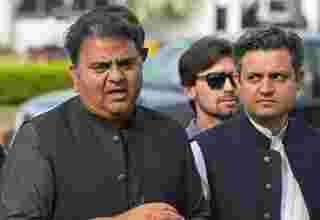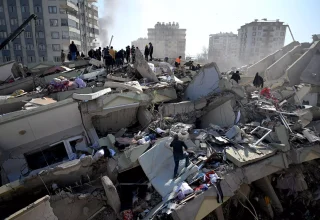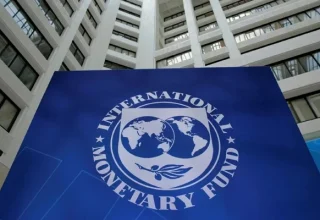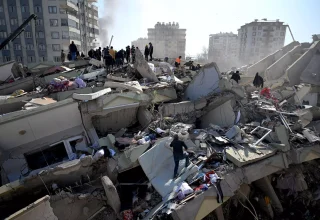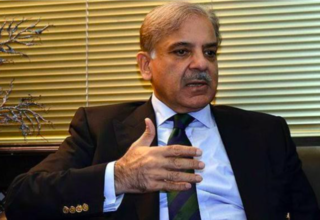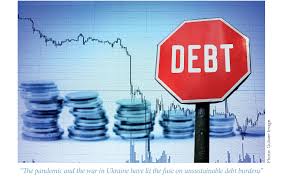Foreign Minister Bilawal Bhutto Zardari on Monday will represent Pakistan at the World Economic Forum’s (WEF) annual meeting in Davos, Switzerland.
He will be accompanied by Minister of State for Foreign Affairs Hina Rabbani Khar.
Bilawal will share Pakistan’s perspective on the economic and social impact of the evolving geopolitical realities as well as challenges for the region’s security and stability.
The foreign minister is expected to highlight the developing world’s perspective on issues of climate change, food and energy security, social vulnerability in times of high inflation, and slowing economic activity.
The foreign minister and the minister of state will also meet participating dignitaries including political leaders, corporate executives, heads of international organizations, and leading media and civil society personalities.
The WEF’s 53rd annual conference, taking place from January 16 to 20, aims to reaffirm the value and imperative of dialogue and public-private cooperation, not only to navigate the current crises but also to drive long term change.
According to the WEF, reinstituting a collective sense of agency and turning defensive measures into proactive, vision-driven policies and business strategies will be at the heart of the meeting.
Thus, the conference aims to address the current energy and food crises, the “high inflation, low growth, high debt economy”, current industry headwinds, social vulnerabilities and geopolitical risks.
The meeting will feature addresses by key heads of state and government as well as various geo-economic and geopolitical deliberations. It will be attended by business communities, public figures from across the world including G7 and G20 countries, as well as heads of international organizations.
Last year, climate change was seen as the number one danger by respondents in the WEF’s annual risks report. This was evidenced by the devastating floods that took place in Pakistan later that year.
Extreme weather was considered the world’s biggest risk in the short term and a failure of climate action in the medium and long term – two to 10 years, the WEF survey showed.



